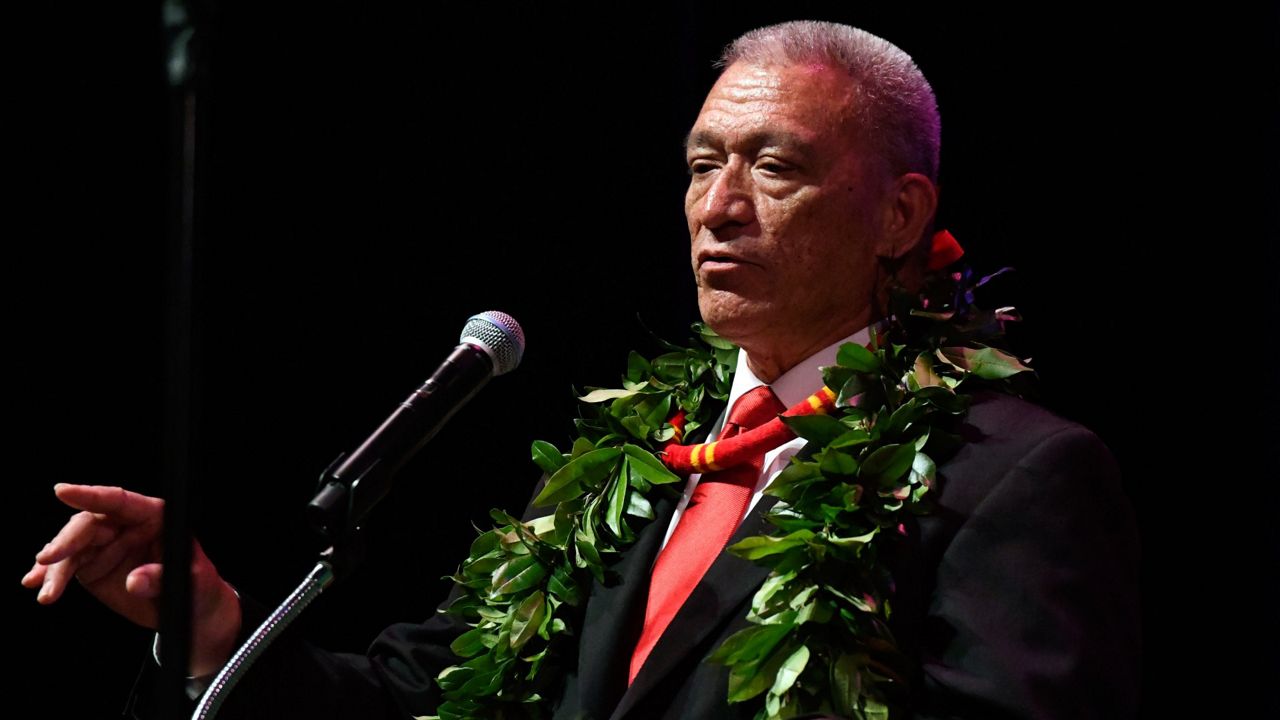New legislation introduced by U.S. Sens. Brian Schatz, D-Hawaii, and Marsha Blackburn, R-Tenn., would expand the reach of U.S. creative industries — including Native Hawaiian-owned businesses — to check China’s growing advantage in cultural exports.
“America’s creative industries are a powerful force, driving jobs at home and shaping perceptions of our country abroad,” said Schatz, a member of the Senate Committee on Commerce, Science and Transportation. “Recently, China has doubled down on promoting its cultural exports, and we’ve been falling behind. This bipartisan bill will help us level the playing field by expanding export opportunities for American businesses everywhere from Maui to Memphis so that our creative economy remains the global leader.”
The lawmakers noted that China’s Belt and Road Initiative has aggressively expanded the country’s cultural trade through coordinated government investments and programs, allowing China to overtake the United States in overall cultural exports in 2014.
China’s rise has coincided with a dramatic decrease in the United States’ once-towering cultural trade surplus, which dropped to 17.8 billion in 2021 from $31.5 billion two years earlier, according to the National Endowment for the Arts. (The surplus rebounded somewhat to $21 billion in 2022.)
The Cultural Trade Promotion Act would direct the Foreign Commercial Service to promote U.S. creative economy goods abroad and require the Trade Promotion Coordinating Committee to include the creative economy in its annual government-wide strategic plan.
It would also support collaboration between the U.S. Postal Service and the International Trade Administration to help improve access to international shipping services for small businesses.
The measure would further provide for the specific promotion of products from Native Hawaiian, American Indian and Alaska Native-owned businesses.
The bill would cause the Department of Commerce to add a representative from the creative industries to its Travel and Tourism Advisory Board.
Michael Tsai covers local and state politics for Spectrum News Hawaii. He can be reached at michael.tsai@charter.com..










